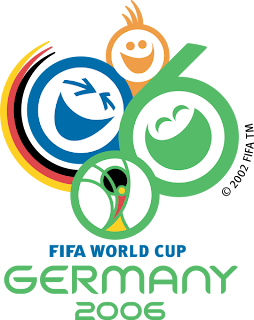BBC Correspondent Brian Hanrahan dies: He represented a dying breed of journalist

This morning I heard the sad news that Brian Hanrahan , one of the BBC's finest correspondents had died. I've worked with Brian, many times in the last decade covering mostly stories related to recent German history. He was thorough, seeking the truth, a sticker for details, good research and facts and more facts. So many times when I rambled on, giving my personal take on events, he said to me "Just give me the facts" (c) Anli Serfontein 2009 He was fair on those who worked with him and those he interviewed. He was a Mensch. Today I remember after a heavy day of filming, the many thought-provoking conversations we had over dinner in Berlin and Leipzig and Dresden and Cologne. We talked about the media, current affairs, history, books and art. He certainly shaped my view of the role of journalists in our day and age. At every shoot I learnt something from him. In Dresden he encouraged me to still visit the world-famous Zwinger art museum with only an hour ...






